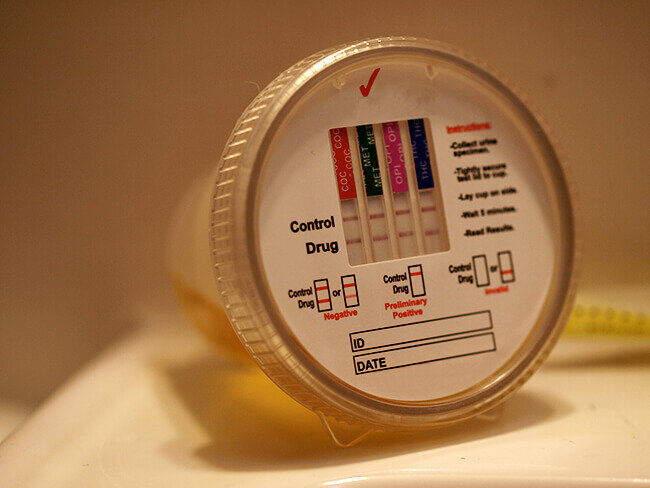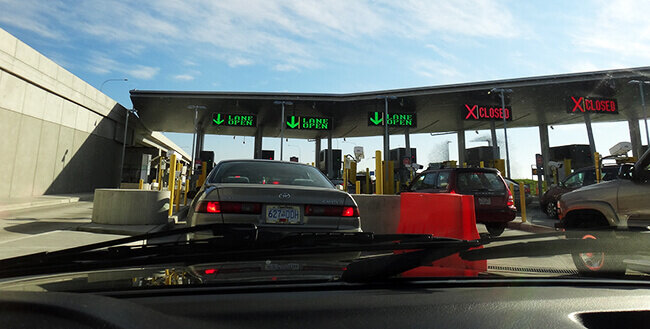DUI
DUI
Driving Under the Influence of Alcohol or Drugs is also referred to as a DUI or sometimes DWI.
The Adult DUI
The charge for an adult is DUI.
A Driving Under the Influence is a gross misdemeanor, which has a maximum of 364 days in jail and additional court penalties.
- Requires a blood alcohol content of .08 or,
- 5 nanograms or higher for Driving under the influence of Marijuana or,
- In the alternative, be under the influence of Drugs or Alcohol.
Underage DUI
The charge for someone under the age of 21 is Driver Under Twenty-One consuming alcohol or marijuana and is operating or being in physical control of a motor vehicle.
An Underage DUI is a misdemeanor, which has a maximum of 90 days in jail and additional court penalties.
For a minor the blood alcohol content is .02.
Driving Under the Influence is a serious crime, with serious penalties for you.
- You could be arrested.
- Face a Driver’s license suspension.
- You will have assorted Court hearings including an Arraignment, Pre-Trial hearings, Trial, Sentencing.
- Sentencing can include Jail, Fines, Scram Bracelet, Drug and Alcohol Evaluation, Treatment, Ignition Interlock, SR 22 filing Insurance.
In the long term
- You may need to have background checks done, that will bring this back to the surface years from now.
- Some Countries, including Canada, do not allow you to enter if you have been convicted of a DUI.
Drinking? Driving? Don’t!
If you are drinking and travelling, plan to have a designated driver, call a friend, call a cab, call a tow truck, or Stay.
We know that this can be a life changing event but it isn’t the end of the world.
There are many ways an experienced attorney can fight for you.
Call us now
To ask additional questions or to hire an experienced attorney who has deep connections with the local legal system.
(425) 259 4972
Click Here To Learn More About DUI.
Want To Hear More From us.
You can connect with us on social media at any of the networks below.
Sign up for the Monthly Newsletter.



